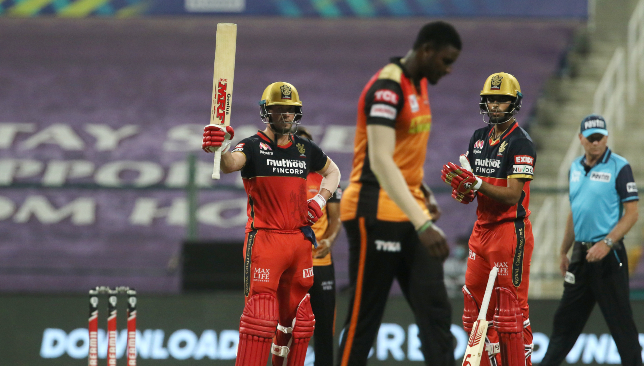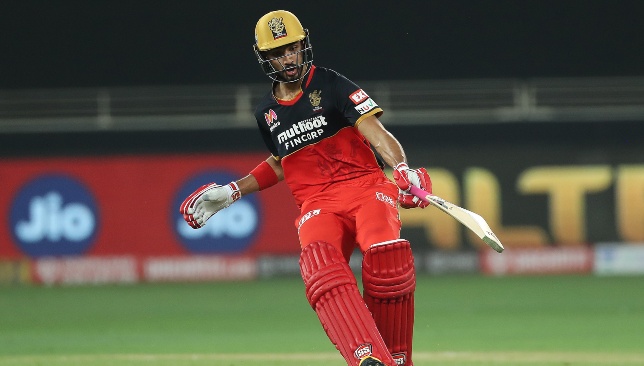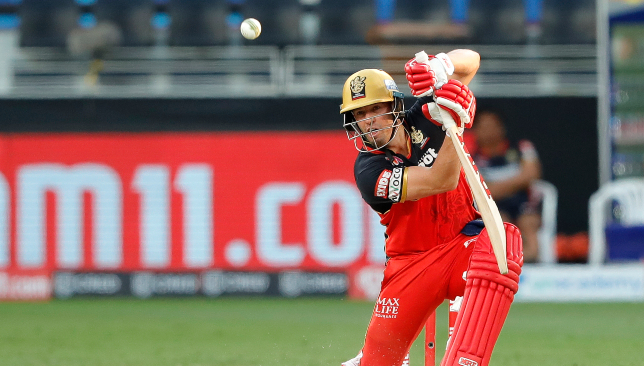
An Indian Premier League campaign which started off so promisingly for Royal Challengers Bangalore has ended with a whimper as the long wait for a title continues for Virat Kohli and his men.
It has been a tournament of two halves for RCB whose emphatic eight-wicket win over KKR on match-day 33 had propelled them to second spot in the table. However, a string of five successive losses including Friday’s Eliminator against Sunrisers Hyderabad means Bangalore return home empty handed once again.
While reaching the play-offs will be considered a massive improvement over the bottom-place finish in 2019, the manner in which RCB’s campaign fell apart will leave a bitter taste in the mouth.
There are aspects of RCB’s campaign which were highly encouraging, but there were also some failings which feel all too familiar. Below, we pick apart Bangalore’s 2020 challenge.
Padikkal a hit but Finch flounders

Image credit – BCCI/SPORTZPICS
The biggest positive to come out of Bangalore’s campaign is the emergence of Devdutt Padikkal as a reliable performer at the top of the innings. The 20-year-old looked at ease in his debut IPL campaign, registering as many as five half-centuries in an impressive maiden bow.
The elegant southpaw’s 473 runs is the highest ever individual IPL campaign recorded by any non-capped batsman. The only criticism against Padikkal is his tendency to burn out after a good start and inability to up the tempo in the middle-overs. A strike-rate of 125 as an opener can certainly be improved upon, as can his fitness to play the longer innings. At 20, these flaws can definitely be ironed out and RCB do seem to have a gem on their hands.
While Padikkal’s rookie season has come as a boost for Bangalore, big problems do exist at the other end of the pitch. Senior Aussie batsman Aaron Finch was brought in to provide some much needed firepower at the top of the order, but the opener barely set the scoreboards alight in the UAE.
Just 268 runs at a strike-rate of 111 were modest returns from a batsman of Finch’s stature, and it leaves RCB with a big decision to make ahead of the 2021 edition.
Morris’ untimely injuries

Image credit – SPORTZPICS for BCCI.
RCB coped well without Chris Morris at the start of the 2020 campaign, but the South African all-rounder provided the team with a whole new gear upon his introduction.
Morris was extremely crucial to Bangalore in the death overs as the Proteas man fired yorkers at will. Not only was the fast bowler economical in his nine appearances (economy-rate of 6.63), he was also instrumental in giving Bangalore some vital breakthroughs.
Unfortunately for Kohli and the team, Morris picked up a hamstring niggle just before the crucial Eliminator against Hyderabad. His expertise was dearly missed by the franchise as they unsuccessfully attempted to defend a modest total against the Sunrisers.
ABD and Kohli dependency remains

Image credit – BCCI/SPORTZPICS.
The run-scoring burden has largely fallen on the shoulders of AB de Villiers and Virat Kohli in the past, and it is a ploy which has cost the team at crucial stages. It proved to be no different this time around, despite the decent returns from Padikkal’s bat.
Unfortunately for Bangalore, their problems in the middle-order were only compounded by Kohli having a subpar season by his high standards. The RCB skipper has been the side’s top run-scorer in the past four editions, but he was upstaged by rookie Padikkal in the UAE.
The India superstar did have a brief purple patch at the start of the campaign, before fizzling out at the business end of the tournament. Even though he did accumulate over 400 runs, Kohli was far from his fluent best with the bat. The No1 ranked ODI batsman in the world had his troubles stepping up the scoring rate in the middle-overs and this lack of explosiveness was to the detriment of RCB.
His tournament strike-rate of just 121.35 reflects Kohli’s struggles on the slower pitches in the UAE. With Kohli’s lack of boundaries, it was left to AB de Villiers to do the bulk of the heavy work in the death overs. The South African did play his part well and pulled off some incredible heroics for RCB, but there is only so much that he can do by himself.
Case for improvement – Middle-order

Image credit – SPORTZPICS for BCCI.
A glaring issue for Bangalore was their poor scoring rates in the second-half of the innings and Kohli was among the most guilty. While de Villiers was brilliant at the death and maintained an overall strike-rate of nearly 160, the same cannot be said for the rest of Bangalore’s middle-order batsmen.
None of the other batsmen including Shivam Dube, Washington Sundar and Gurkeerat Mann were able to match the South African’s intensity. None of these batsmen scored at a rate of more than 125, and this left de Villiers with too much to do. This meant that Bangalore’s batting fell away for the most part once the Proteas stalwart was dismissed.
This can also explain Kohli’s circumspect approach in the middle-overs, with the skipper mindful of the lack of batting to come after him and de Villiers. Adding more steel in the lower middle-order should be the utmost priority for RCB when they plan for the 2021 edition, and it remains to be seen if they can make an interesting trade in the off-season.
Someone like Rajasthan Royals’ David Miller would be ideal for the Bangalore franchise.